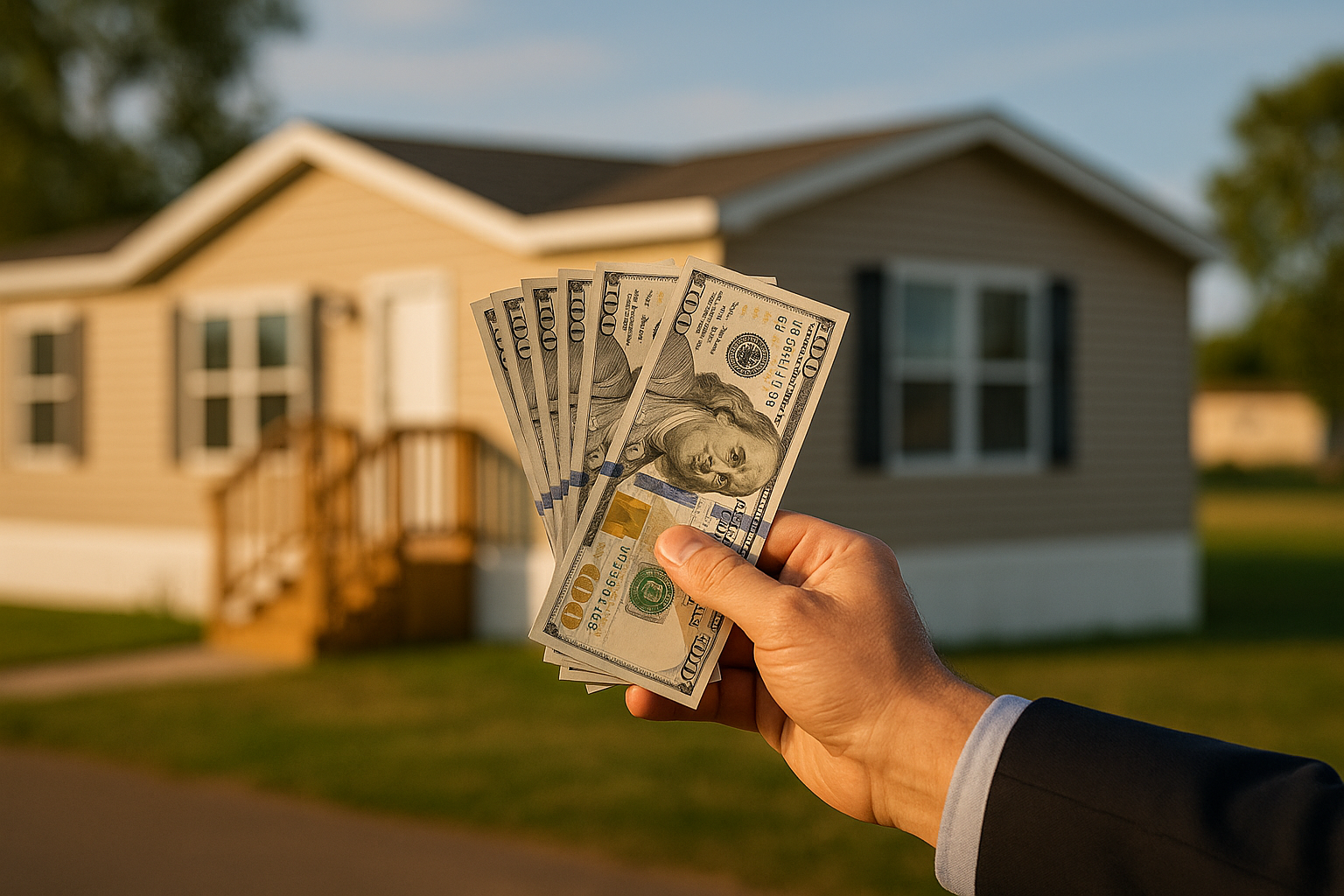Home Equity: What It Means and How to Use It
Home equity is the portion of your house or property that you truly own—calculated as the current market value minus any outstanding mortgage or liens. Over time, equity grows as you pay down mortgage principal or as the local housing market increases the value of your property. Equity can be a financial resource for homeowners but comes with trade-offs: using equity often converts part of your ownership into debt or reduces the buffer you have against falling home values. Understanding how equity works helps you weigh options like refinancing, home-secured loans, or selling.

What is home equity and how is it calculated?
Home equity equals the estimated current market value of your house or property minus the total amount you still owe on mortgages and liens. For example, a property worth $300,000 with $180,000 remaining on the mortgage has $120,000 in equity. Appraisals, comparable sales, and local market conditions influence the value side of the equation. Equity can change quickly if property values shift or if you take on additional loans secured by the home. Regularly checking your mortgage balance and local market values keeps your estimate current.
How can a loan use home equity as collateral?
Home equity can secure different types of loans, such as home equity loans and home equity lines of credit (HELOCs). A home equity loan typically provides a lump sum repaid over a fixed term, while a HELOC functions like a credit line with variable withdrawals and payments. Lenders assess your equity, credit, income, and debt-to-income ratio before approving such loans. Because the loan is secured by your house, missing payments can lead to foreclosure, so it’s important to match repayment terms to your budget and to borrow only for purposes where the benefits outweigh the risk.
How does your mortgage affect available equity?
Mortgage principal directly reduces home equity as you pay it down; conversely, taking on additional mortgage debt—like a cash-out refinance—reduces equity. Interest payments do not build equity, but principal payments do. Refinancing can change monthly payments, interest rates, and the pace of equity accumulation. If you refinance into a longer-term mortgage, monthly payments may drop but you may build equity more slowly. Monitoring how mortgage choices affect both short-term cash flow and long-term equity helps when planning major expenses or a future sale.
How does the condition of your house influence equity?
The physical condition, renovations, and maintenance of your house affect perceived market value and therefore equity. Well-maintained homes with updated systems, energy-efficient features, or desirable layouts often sell for higher prices than similar properties in poorer condition. However, not all renovations yield equal returns: cosmetic updates may boost saleability but structural improvements or added living space often deliver stronger increases in value. When considering using equity for home improvements, compare projected value gains to loan costs and timelines.
How does local property market affect your equity?
Property values vary by neighborhood, economic trends, interest rates, and local demand for housing. A rising local market increases home equity even if you do not change your mortgage balance; a declining market reduces equity and can create situations where outstanding mortgage debt nears or exceeds market value. Local services, zoning changes, school quality, and nearby developments can all shift property value. Staying informed about market trends in your area helps you make timely decisions about selling, refinancing, or borrowing against equity.
How to manage and use home equity responsibly
Using home equity can fund life events such as major repairs, education, or consolidating higher-interest debts, but it converts owned value into secured debt. Prioritize uses that create lasting financial benefit or that you can confidently repay. Consider alternatives—savings, unsecured loans, or adjusting budgets—before pledging your house as collateral. Maintain an emergency cushion and avoid borrowing the maximum available; leaving a buffer helps protect against future market downturns. Consult trusted financial or housing counselors when evaluating complex options to ensure choices fit your overall financial plan.
In summary, home equity is a significant financial resource tied to your mortgage and local property market. It increases as you reduce principal or as market values rise and can be tapped through secured loans or refinancing. Because borrowing against equity involves risks and long-term implications for ownership and finances, careful assessment of goals, repayment ability, and market conditions helps ensure decisions align with your financial priorities.






